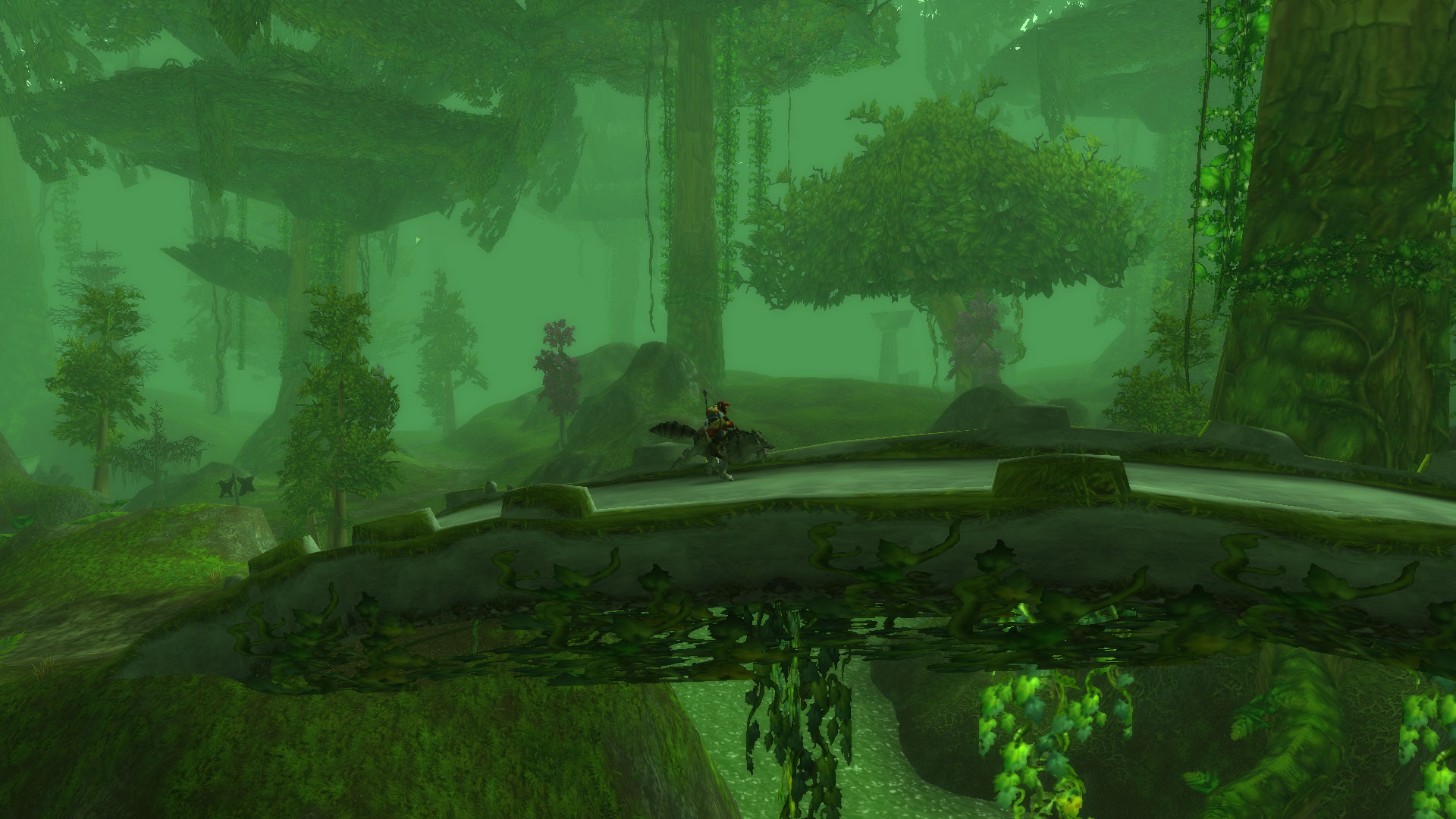Bring yourselves back to the early 2010s if you would. The internet has quickly become mainstream. No longer the clunky, dial up version of the past, it is quickly becoming integrated, too integrated some might say, in daily life. With the rapidly changing nature of the internet and its uses, the relationship between corporations and the public has changed. Advertising is no longer limited to the traditional methods of TV, billboard, and radio advertisements. Now, social media is added to the roster; not limited to the traditional-esque advertisements in the corner of the screen, but also to the accounts that people can follow and, in some cases, interact with.
Denny’s, an American diner chain restaurant, is largely credited for being one of the earliest and most successful forms of advertisement accounts with its infamous tumblr account. It regularly reblogged and posted memes about the restaurant and even occasionally would interact with other people on tumblr. It was a success story, with people praising the content posted and the funny and meme-able interaction the brand had with other users. And, since it was a success story in the view of public opinion, other brands began their own accounts, inundating the market with their relatable humour and downright absurd interactions with each other.
What originally was somewhat cringy, more serious posts devolved into brands having twitter fights with each other. Wendy’s was somewhat famously combative with McDonald’s and Burger King, saying curse words and retweeting their posts with comments. But was it too much?
Well, for internet users at the time, it certainly was. They might have laughed at Wendy’s mixtape, the rather unsubtle snide comments at other brands, and their #relatable content, but it got really old, really quick. Of course, the times where brands had made mishaps didn’t help either, with incidents like DiGiorno accidentally replying to a tweet with the #WhyIStayed domestic abuse hashtag with “You had pizza” being one of them. Relatability became too frequent, too heavy handed, and too annoying, so internet users pushed back.
A meme recycled and adapted from a political board on 4chan which was originally used to tell people on other political factions to “shut up” was used against the brands. Soon, whenever brands were trying to push their relatable content, the silence, brand crab was quickly reposted underneath. Ironically memes, which had been what users had liked about these brands’ attempt at humour and had led to their success, quickly became the reason that they were being silenced.
The silence, brand crab with laser eyes meme.
And, largely it worked. While brands do occasionally still post memes and some more humorous exchanges on social media platforms, it is nowhere near as pervasive as it was in the early 2010s. Wendy’s snide comments and beef are no longer the thing people talk about.
I think this phenomenon, to a certain degree, summarises the internet’s attitude to many things. It is alright for experiences to be relatively small, but at some point a threshold is crossed, and the phenomenon becomes too popular, too overused, or too present. At this point, the phenomenon will be decried and an attempt might be made to stop or slow continued growth of the phenomenon. We see it happening with artists who go mainstream and are suddenly no longer cool to listen to, or movies that get too popular and are no longer part of the internet culture in a positive way. While in some cases, it might be considered a good thing, other times this nearly mindless dislike for popular things can go too far and cause harm.
Sources:
http://www.thefactorytimes.com/factory-times/2019/10/8/silence-brand
https://www.linkedin.com/pulse/memes-safely-navigating-internet-brands-we-are-platinum



Have you also noticed that, aside from overused things ultimately decaying in terms of online relevance and reference, they also eventually re-emerge as a “cool” thing again, like a repackaged version of it? I don’t know if this has been happening only in my little algorithmic bubble, or if it’s safe to generalize it as a common phenomenon currently. But I have seen this happening time and time again with memes, movies, TV-shows, trends- you name it. It’s as though we’ve been addicted to nostalgia.